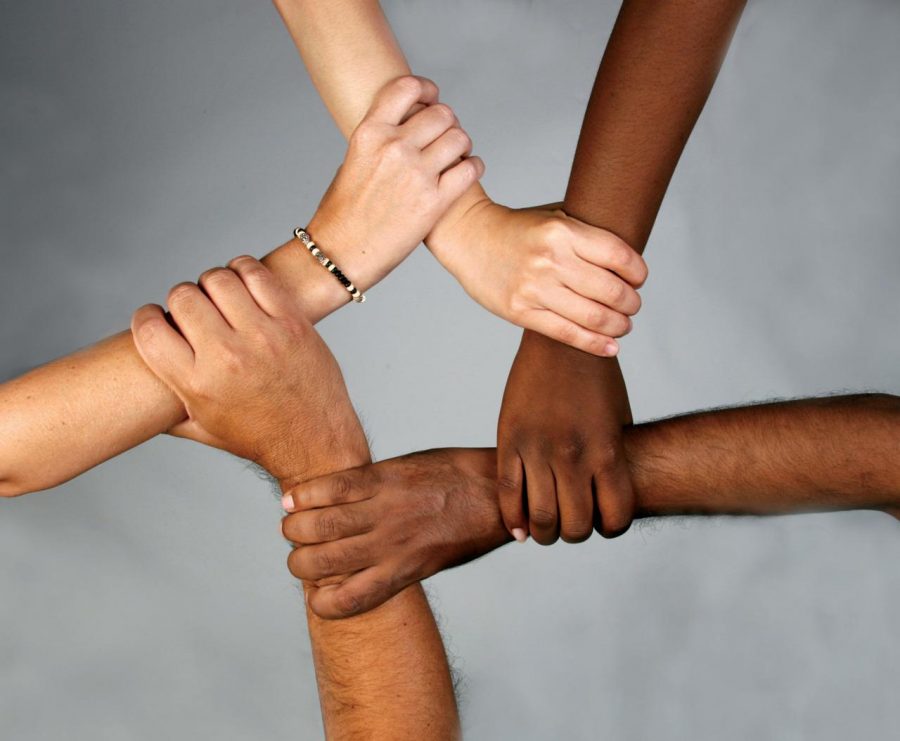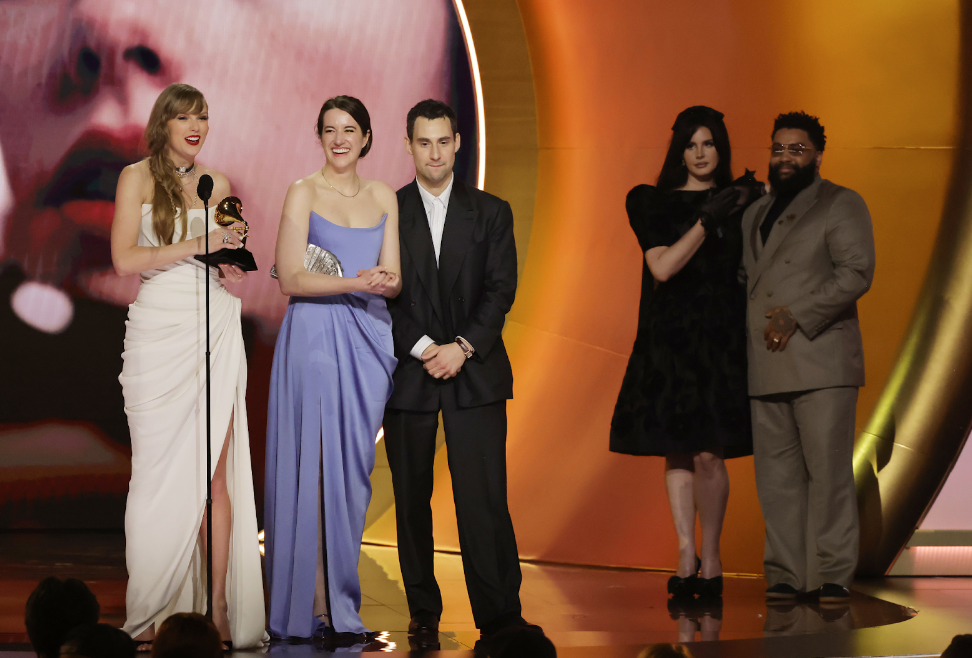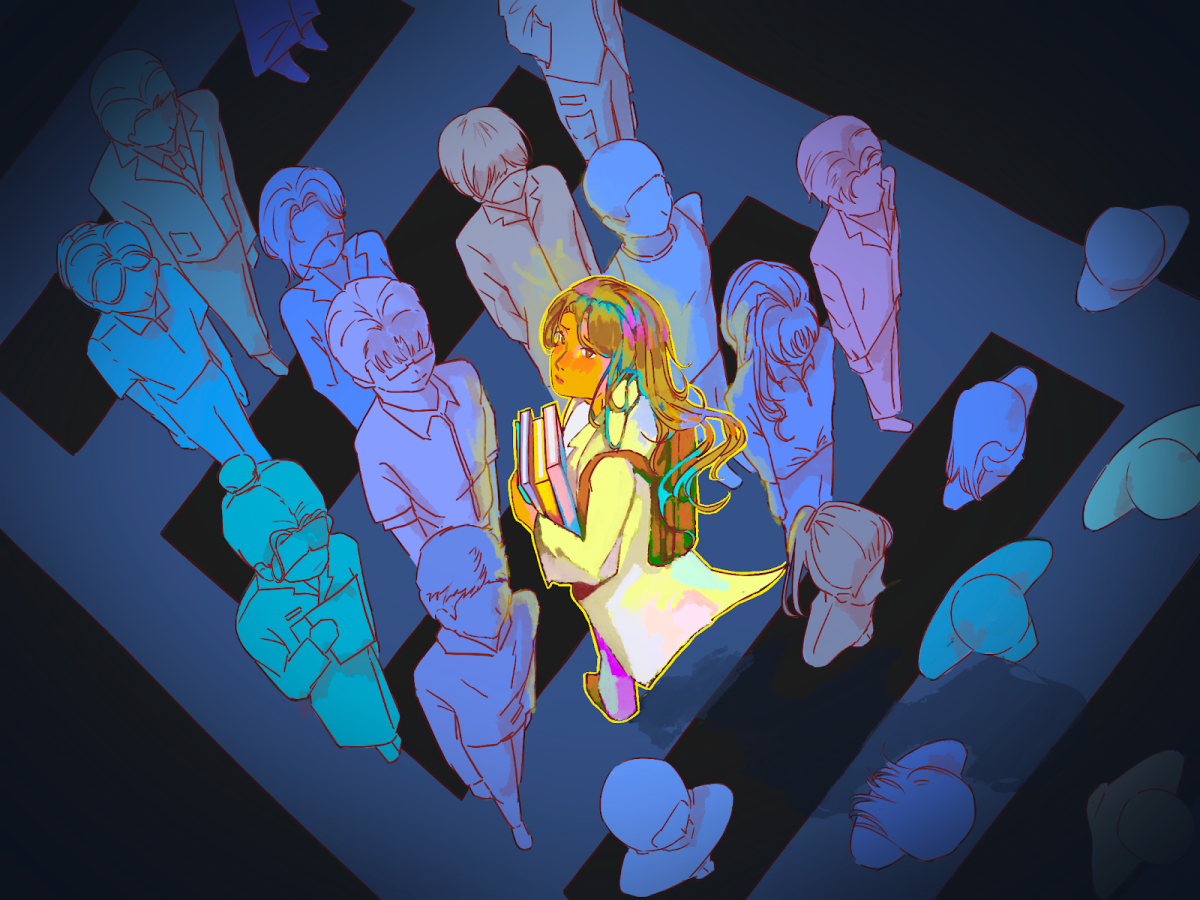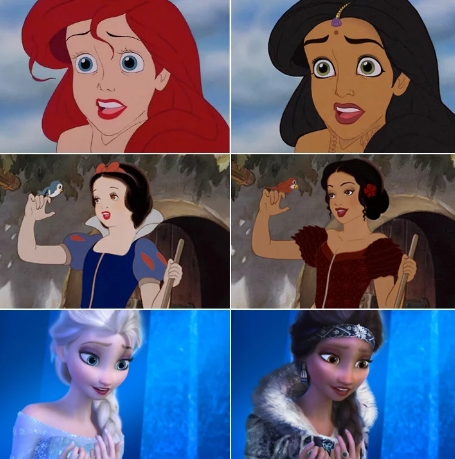IHS lacks true diversity, but does it really matter?
By Matthew Chan
According to www.greatschools.org (yes, Irvington is a great school), in the 2010-2011 school year, Irvington was 60% Asian, 21% White, 13% Hispanic, and only 3% black. We can no longer deny the fact that Irvington’s population is heavily skewed regardless of how we crunch the numbers. As I make my way around campus every day, I can’t help but notice that although different ethnic groups mingle and mix, there is a general failure to understand the many cultures that exist in Irvington’s student population. We like to say we are diverse, but I feel that this lack of understanding directly indicates our lack of understanding.
True diversity in a society exists when all members of that society understand and comprehend the ideas behind the cultures of all the other members of that society. Unfortunately, this type of ideal situation does not occur often in the real world. If anything can be gleaned from Robert Owen’s utopia of New Lanarck, it is that ideal societies, too, will degrade into chaos and anarchy. The reason for this is similar to that of just about anything in the world—nothing lasts forever. Admittedly, I would love to believe that Irvington is one of these perfect societies, but in reality, Irvington is just another model of how the world is intrinsically tainted and imperfect.
At the end of the day, however, I question the stereotype that diversity is good for a community. Taking a look at Irvington right now, I don’t feel that the lack of cultural understanding impedes the ability of students to perform. Rather, it has become a sort of unique jargon, melding with our daily language as if it has always been there. After a while, we begin not to notice those moments when someone unintentionally insults another culture and treat it as assort of background noise, like the daily routines that we do every day. Coming from another perspective, cultural understanding does not have much of an impact on our daily lives. Sure, learning about the beliefs of others is all fine and dandy, but where are we ever going to use this information again? Having a wide reservoir of cultural knowledge about the different race of people doesn’t really help unless you’re planning on becoming an ambassador or a UN official, and it’s not like you’re going to use this information on your next AP or SAT tests.
In addition, having a society that is culturally diverse may even be harmful. As you learn about the various beliefs and customs of races and ethnic groups besides your own, you may begin to question your own beliefs, especially those that concern spiritual ideals. Changing the moral ideals that your ancestors passed down to you probably isn’t the best way to preserve their memory and work. After a few generations of questioning and switching beliefs, you will no longer be able to say that you are, for example, Catholic. You’ll probably be part Catholic, part Buddhist, and part Muslim, and you will no longer be able to tell which ideas came from which religion. Therefore, many an argument will occur with the other part Catholic, part Buddhist, and part Muslim people you meet on the origin of these ideas. Causing the world to become a cultural mess where you can’t tell Buddhism from Christianity and Chinese traditions from South African traditions probably isn’t the best way to preserve the memory of those that founded these traditions and religions.
At the end of the day, perhaps cultural diversity is not the direction we want to take as it does not seem to pose a real problem upon our school and our society and may even degrade the understanding of various cultures and races that we have right now. Instead, we should strive to respect other cultures and try to remove the cultural insults from our vernacular.











